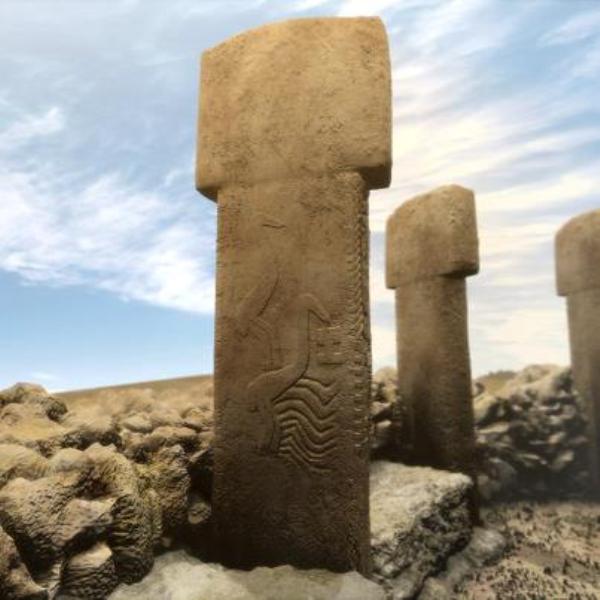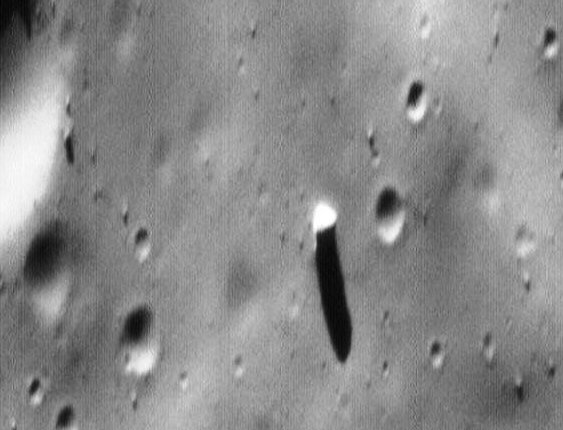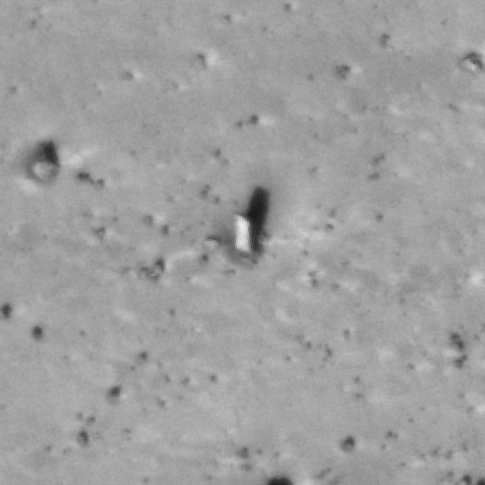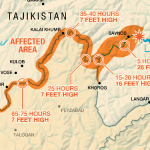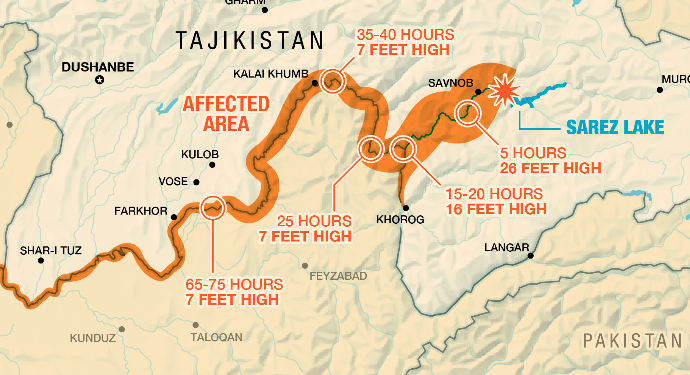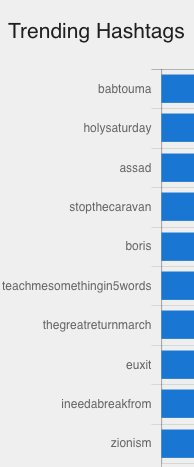War between religions and nation states will continue, but lessen with time, continuing the long-term trend. Terrorism will continue, but lose impact and motivation with everything else going on. By that I mean:
Corp v Govt v Tribe v Poverty
At some stage in the next few decades, all of us will belong to, and fight for, one of the above factions. Governments and corporations will be fighting for money and control. Tribes and poverty will fight for rights and a chance to be heard.
Corporations have a responsibility to maximise the profits of their shareholders, and money is all that counts (I’m generalising, it’s the only way to discuss such a big picture).
Governments believe there is no other option than them having a lot of of control over everything, and rightly so. However that often means eliminating worthy alternative viewpoints.
Impoverished people will at some stage collectively fight against the powers that be – that’s just a revolution and there’s plenty of historical precedent.
Tribes, in this context, and niche groups who will take action earlier than a revolution. They are agitators, sometimes terrorists, marginalised people and those who believe their beliefs are more important than those of others. For example radical vegans who wish to impose their ideas upon everyone.
I’m talking about industrialised nations here, and revolution is a long way off. But ultimately it can be expected. Impoverished people will still be a factor in the near term, as puppets for the other three. And as the poor grow in numbers, in a democracy they will be preached to.
Current State
Corporations are becoming more political, that’s for sure. Creating their own gun policies, gender equality, the environment. Don’t be surprised if a left/right division occurs in business. Not in the extremes like tech (all left), entertainment (mostly left) and mining (all right), but in the middle – retail, food, telecoms.
Governments are losing ground. Never before have we seen so little trust, and so much desire for breaking up nation states.
With tribes we are about to revisit the sixties. Vegans, militia and kids against guns are prominent. Expect an affordable healthcare faction in the USA as well.
Relative poverty is on the rise, and it is up to governments and corporations to manage that, keep people away from breaking point. In the USA, rises in the minimum wage are signs of that.
Long Term
New platforms for political discussion will open up, not controlled by the government, and probably sponsored by corporations. People will notice stronger focus and commitment from corporations, because they are for the long-term, not a 3/4/5 year term. Governments will start to lose legitimacy.
The rapid uptake in subscriptions (Spotify, Netflix etc) will in effect create a new form of government, where people collectively pay for a universal need. The privatisation boom of the 80s and 90s will backfire for governments, as everything starts to be outsourced. For example, SpaceX. And toll-roads. And 5G internet. Governments will eventually just be the military, police and judiciary.
For those who no longer trust governments or corporations, tribes will grow in appeal. “Rights” we can’t even imagine today will be fought for tomorrow. Sabotage will be the new strike action. Communication will be unable to be intercepted. Infiltration will be the only official response. False flag situations will become more and more commonplace.
Fake news will disappear, and be replaced by two ways of getting your news – official and unofficial.

